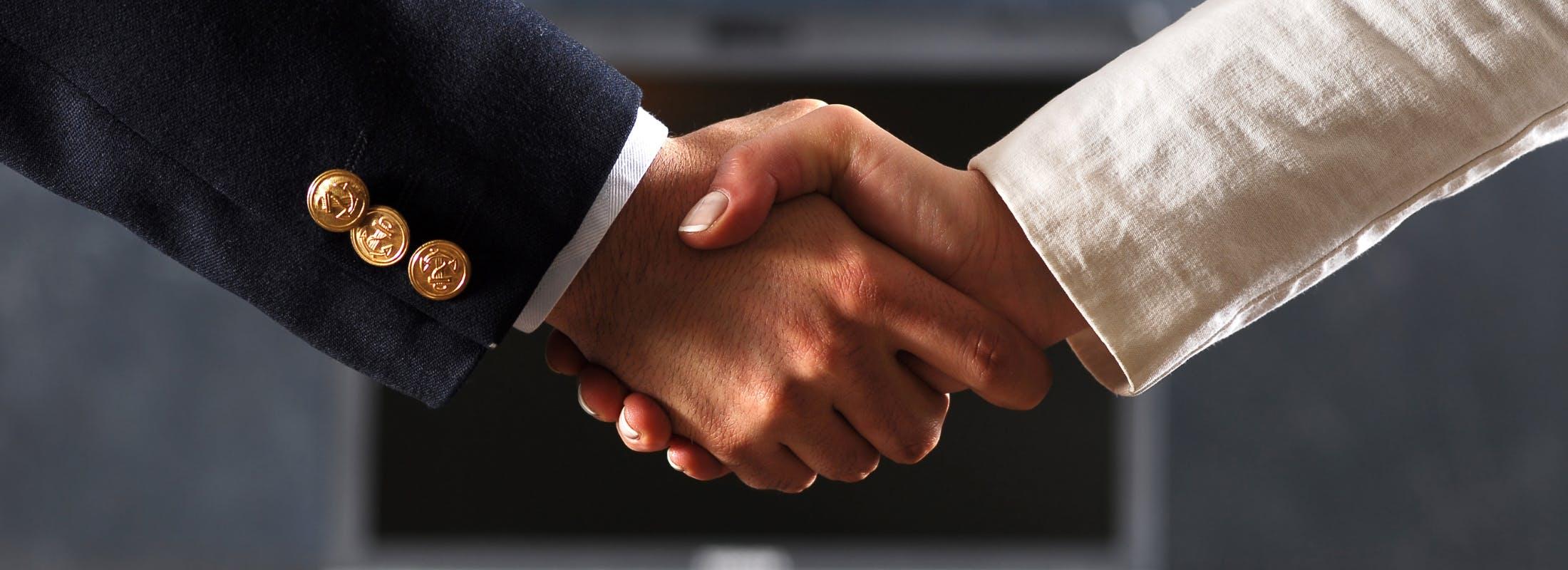True Religion preps for sale process, in test for apparel appetite
- Emily Fasold
- +Bill Weisbrod
True Religion, the apparel business known for its denim products, has retained RW Baird to advise on an upcoming sale process, according to 9fin sources.
The company, which filed for bankruptcy in 2020 — for the second time in three years — has made a strong comeback in recent quarters. It is expects to generate around $70m in EBITDA on $250m in revenue this year, according to a source close to the situation.
“They’ve had a troubled past, but the brand has come roaring back to life and has very strong profit margins now,” the source said.
Having launched as a brick-and-mortar company in 2002, True Religion has made big push into digital sales in recent years. That helped it grow revenue by over 40% between 2020 and 2021, according to a report in Modern Retail, a trade publication.
Recent growth initiatives the company has taken include launching a mobile shopping app in late 2022, to broaden its appeal to younger consumers, and the appointment of its first chief marketing officer this summer.
True value
The company could be valued at 8x-9x EBITDA in the event of a sale, implying an enterprise valuation in the region of $600m, according to the source close to the situation.
For comparison, larger apparel company Abercrombie & Fitch trades at an enterprise value of around 9.5x its $368m LTM adjusted EBITDA. Its stock currently trades at $63.24 per share for a market cap of $3.18bn.
True Religion’s auction, which is expected to launch in late 2023 or January 2024, will target both financial sponsors and strategic buyers, the sources said; one source noted that its strong profit margins and potential for scale made it an attractive target for PE firms.
The upcoming auction is the latest sign that apparel M&A could be picking up after a prolonged slow period that saw sale processes for other retailers like Next Level Apparel get pulled from the market last year.
Recent deal activity in the apparel space includes a deal for Tapestry (which owns brands including Coach and Kate Spade) to acquire luxury fashion house Capri for $8.5bn in August, and Hanesbrands’ decision to evaluate a potential sale of its Champion athleisure business.
Checkered past
While the outlook for True Religion has undoubtedly improved over the past couple of years, the company’s two recent bankruptcies are likely to prompt plenty of questions among some potential bidders.
The company filed for Chapter 11 protection in April 2020, just three years after emerging from a 2017 bankruptcy process. Media reports at the time noted that the prolonged closure of its brick-and-mortar stores during the pandemic exacerbated existing liquidity constraints.
True Religion exited bankruptcy again in October 2020, under a court-approved reorganization plan that shiftedmajority equity control to its term loan lenders. Those lenders included Simon Property Group, Farmstead Capital Management and SLR Credit Solutions, formerly known as Crystal Financial.
In August, the company announced it had raised a term loan and revolver from Second Avenue Capital Partners, TCW Private Credit and Sagard Credit to refinance existing debt, support working capital and provide liquidity for long-term growth plans. The size was not disclosed.
More broadly — as we highlighted in a report on Abercrombie & Fitch last month — debt investors are wary of lending to the apparel space, given the possibility for decreased consumer spending if the economy goes into recession.
True Religion, Baird, Simon Property Group, SLR Credit Solutions and Farmstead Capital Management did not return requests for comment.




